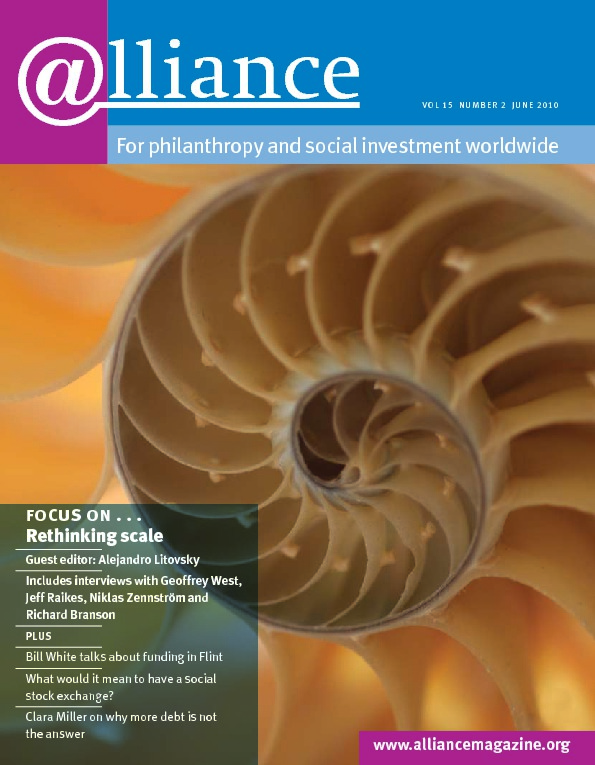Launched in spring 2010, East Europe Foundation Moldova is the most recent addition to the Eurasia Foundation network. Since 2004, Eurasia Foundation has transformed five of its field offices in the former Soviet Union into independent local foundations, combining local knowledge, leadership and legitimacy with a global mindset and internationally recognized best practices. The vision of an enduring, diversely funded network of institutions has prompted Eurasia Foundation to pay close attention to an element of institution-building that is often overlooked: foundation boards.
‘We regarded a strong board as an institutional imperative that would help make the new foundations grant-worthy from Day One,’ explains Horton Beebe-Center, Eurasia Foundation’s president, ‘so we took care to design durable and effective governance structures.’ This attitude stands out in a region where non-profit leadership is typically conceived as a dynamic chief executive, and neither the law nor tradition foster independent, deeply engaged governing bodies. The challenge of building the new boards is further complicated by the fact that they bring together individuals who, though sharing regional expertise, have widely varied backgrounds, experiences and assumptions about the nature of boards.
Eurasia Foundation’s experience suggests that thoughtful board member selection, a careful launch and well-crafted governing documents and structures can go a long way towards establishing boards with an effective mix of international and local components. Interviews with 15 board and staff members carried out in January and February reveal a network-wide commitment to good governance reflected in such practices as regular board self-assessment and efforts to focus the board on strategy and long-term development.
At the same time, tensions between local and international elements of governance persist, especially in regard to Eurasia Foundation’s planned localization strategy. Concerted efforts – including the raising of core funding for board development – will be needed to ensure the continued engagement of both international and local board members as localization proceeds.
Marilyn Wyatt is a consultant to non-profit boards and author of the Handbook of Nonprofit Governance, now available in 14 languages. Email marilynwyatt@gmail.com
For Marilyn Wyatt’s fuller account of Eurasia Foundation’s experience with building new boards in the former Soviet Union, see https://www.alliancemagazine.org/en/content/going-%E2%80%98glocal%E2%80%99-with-governance-0






Comments (0)